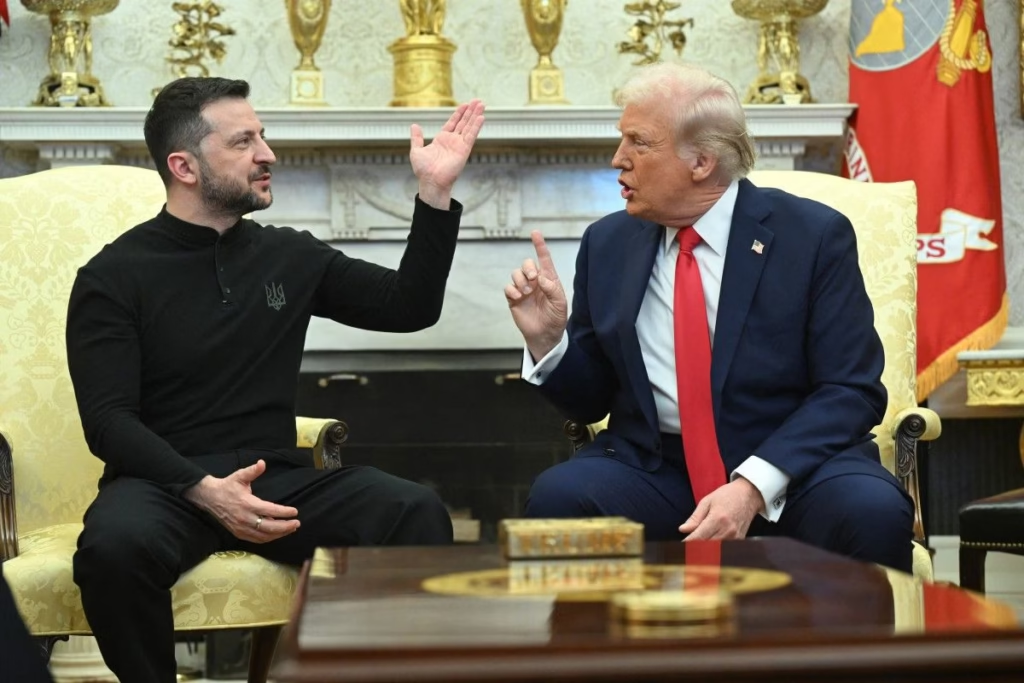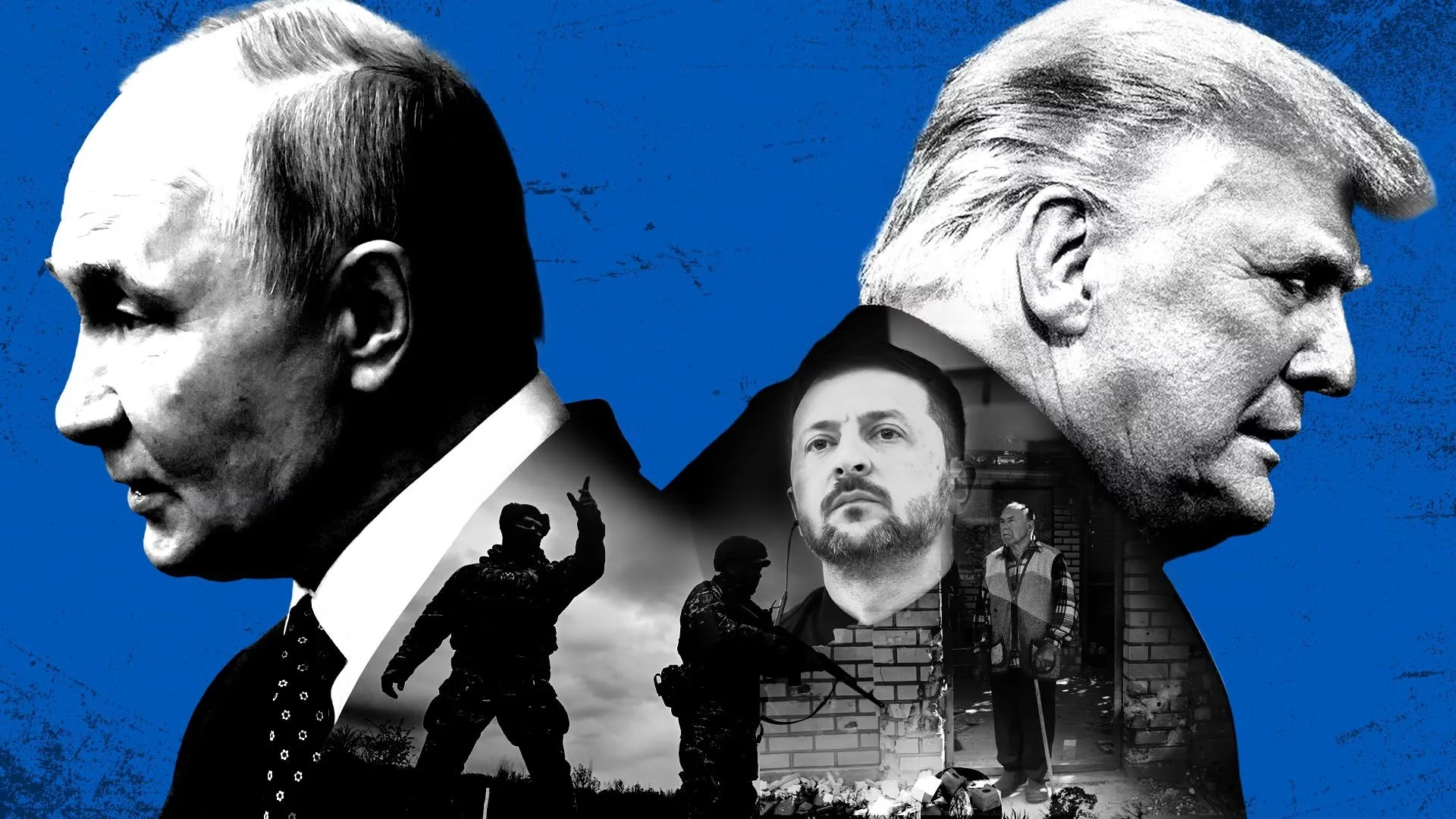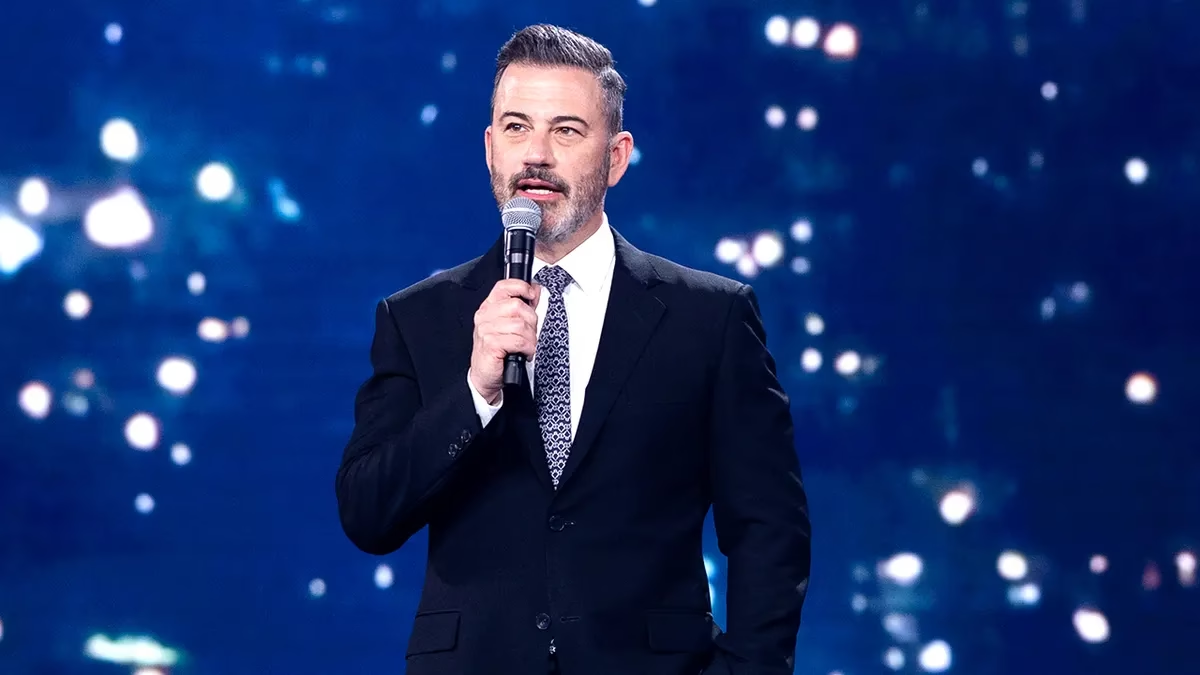
Trump Steps Into Role of Peacemaker
Former U.S. President Donald Trump has announced that he is arranging a meeting between Russian President Vladimir Putin and Ukrainian President Volodymyr Zelensky, a move he says could be the first step toward ending the war in Ukraine. Trump made the statement on Monday, highlighting his direct conversations with Putin and his plans to bring Zelensky to the table.
“This is a very good, early step,” Trump declared, positioning himself as a central figure in the high-stakes diplomacy. He suggested that after initial talks between the two leaders, a trilateral summit including himself would follow.
The announcement comes just days after Trump met with Putin in Alaska, fueling speculation that he is eager to recast himself as a global dealmaker and secure a legacy as the leader who helped stop Europe’s deadliest war in decades.
Why Now? The Context Behind Trump’s Push
The war in Ukraine has entered its fourth year, with no clear resolution in sight. Russia maintains control over occupied territories, while Ukraine continues to press for military aid and firm security guarantees from Western allies.
European leaders, wary of war fatigue and spiraling defense costs, have increasingly urged the U.S. to spearhead peace efforts. Against this backdrop, Trump’s initiative arrives at a moment when both sides face mounting pressure—Russia under the weight of sanctions and battlefield losses, and Ukraine under economic strain and constant bombardment.
Trump’s meeting with Putin in Alaska last week reportedly touched on potential terms for negotiations, though no public breakthroughs were announced. Now, with his push for a direct Zelensky–Putin meeting, Trump is testing whether personal diplomacy can succeed where traditional talks have failed.
Reactions From Allies and Critics
European leaders reacted with cautious optimism. German Chancellor Friedrich Merz welcomed any steps toward dialogue but questioned whether Putin would engage sincerely without significant incentives. “The courage must come from Moscow, not just Washington,” Merz warned.
In Kyiv, Zelensky’s office confirmed ongoing communication but emphasized that Ukraine’s stance remains firm: no settlement can come without guarantees of sovereignty and territorial integrity. Ukrainian officials reiterated that any meeting must include NATO-style security guarantees and long-term military support from the West.
Meanwhile, critics in Washington cautioned against giving Putin legitimacy through photo-op diplomacy. Several analysts argued that Trump’s approach risks rewarding aggression if it is not tied to concrete conditions such as troop withdrawals or ceasefire agreements.
What the Meeting Could Mean
If Trump succeeds in arranging a face-to-face meeting between Putin and Zelensky, it could mark the most significant diplomatic breakthrough since the invasion began in February 2022. Such talks would not guarantee peace, but they would signal the first direct dialogue between the two leaders since the war escalated.
Key issues likely to dominate the agenda include:
- Territorial disputes: Whether Russia would be willing to negotiate over occupied territories such as Crimea and the Donbas.
- Security guarantees: Ukraine’s demand for long-term Western defense commitments.
- Sanctions relief: Russia’s push for lifting economic penalties.
- Peacekeeping frameworks: Options for international forces to monitor compliance.
Trump himself has described the war as “a tragedy that should have ended a long time ago,” framing his initiative as an effort to stop the bloodshed rather than to gain political points.
Trump’s Political Calculations
Beyond global diplomacy, the effort also carries heavy domestic political weight. Trump has long touted his ability to negotiate with strongmen leaders, boasting of his rapport with Putin. By orchestrating a high-profile peace effort, he could strengthen his position as a statesman and bolster his case for re-election.
However, critics argue that Trump’s brand of personal diplomacy often prioritizes optics over substance. Without detailed frameworks, they say, a Putin–Zelensky meeting could amount to little more than symbolic theater.
The Road Ahead
While Trump arranging a meeting between Putin and Zelensky is a headline-grabbing development, the road to peace remains fraught with obstacles. Zelensky cannot afford to appear weak before his people, who have endured years of brutal conflict. Putin, for his part, risks losing leverage if he concedes too much too quickly.
Still, the fact that both leaders are even being mentioned in the same breath for potential talks is a significant shift from the entrenched stalemate of recent years.
Whether this becomes the moment diplomacy takes hold—or just another headline in a long and bloody war—remains to be seen. But Trump has positioned himself at the center of the effort, and the world will be watching closely.
Final Word
Trump arranging meeting between Putin and Zelensky is more than just political posturing; it represents a rare chance to test diplomacy in one of the 21st century’s most dangerous conflicts. While doubts remain over motives, terms, and outcomes, the possibility of dialogue offers a glimmer of hope in a war that has devastated millions.



